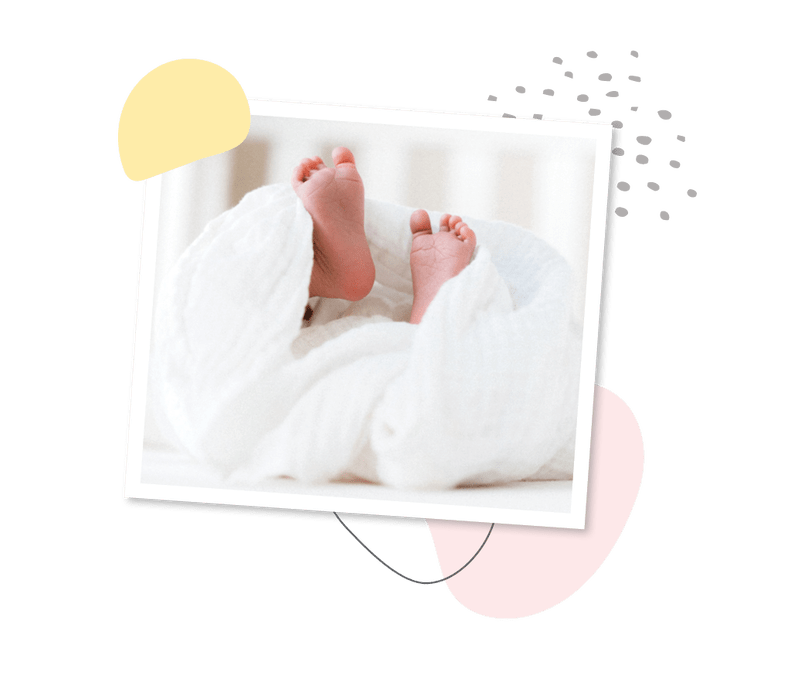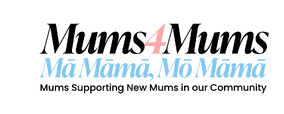Birth Rate & Fertility Trends
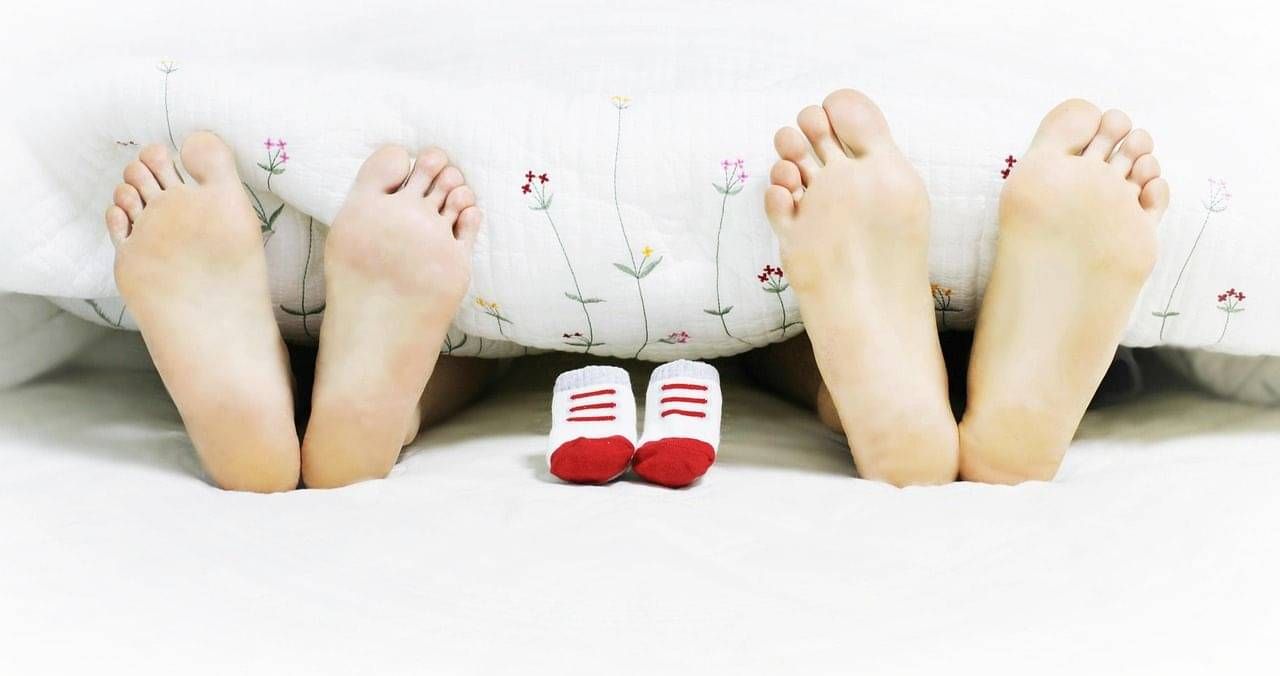
Abortions per year
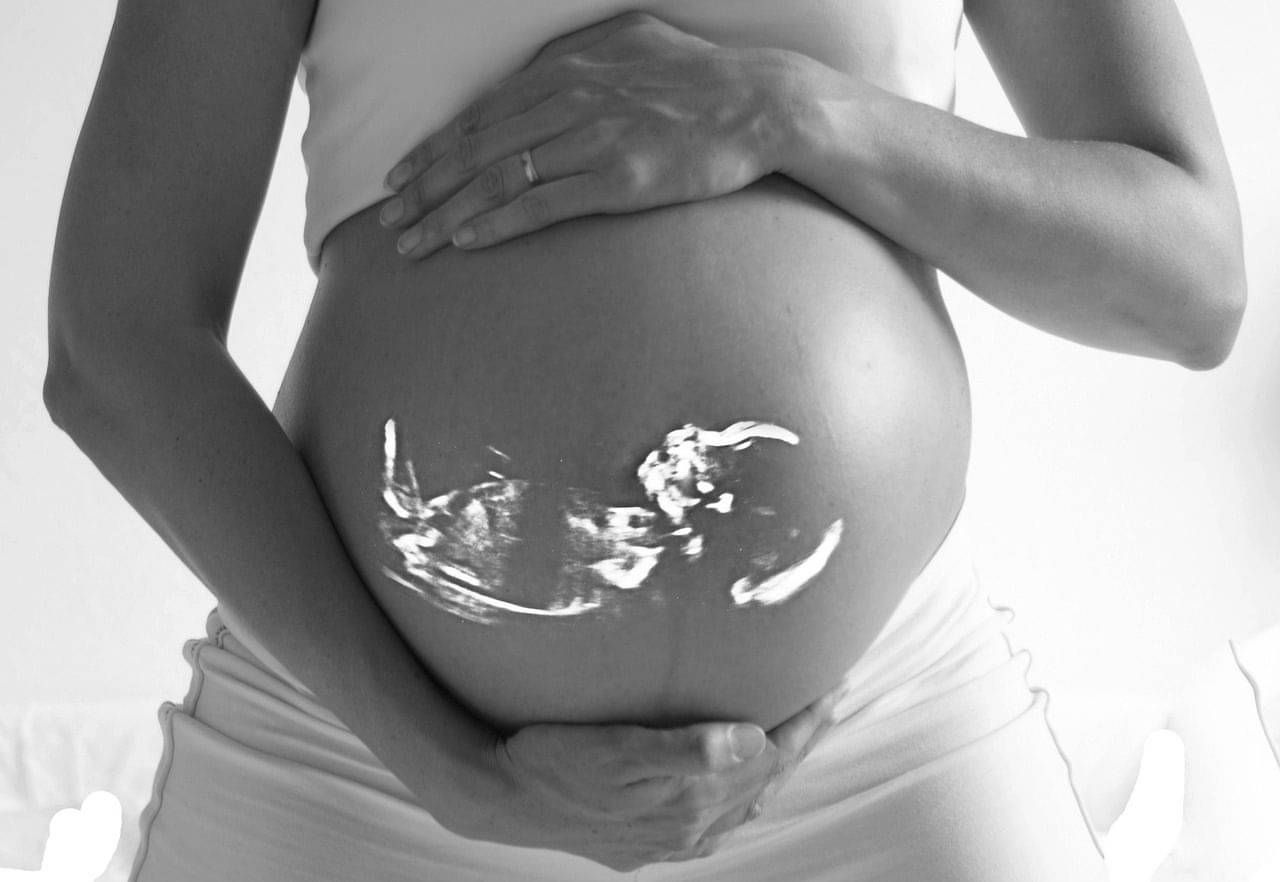
Euthanasia and Suicide Rates
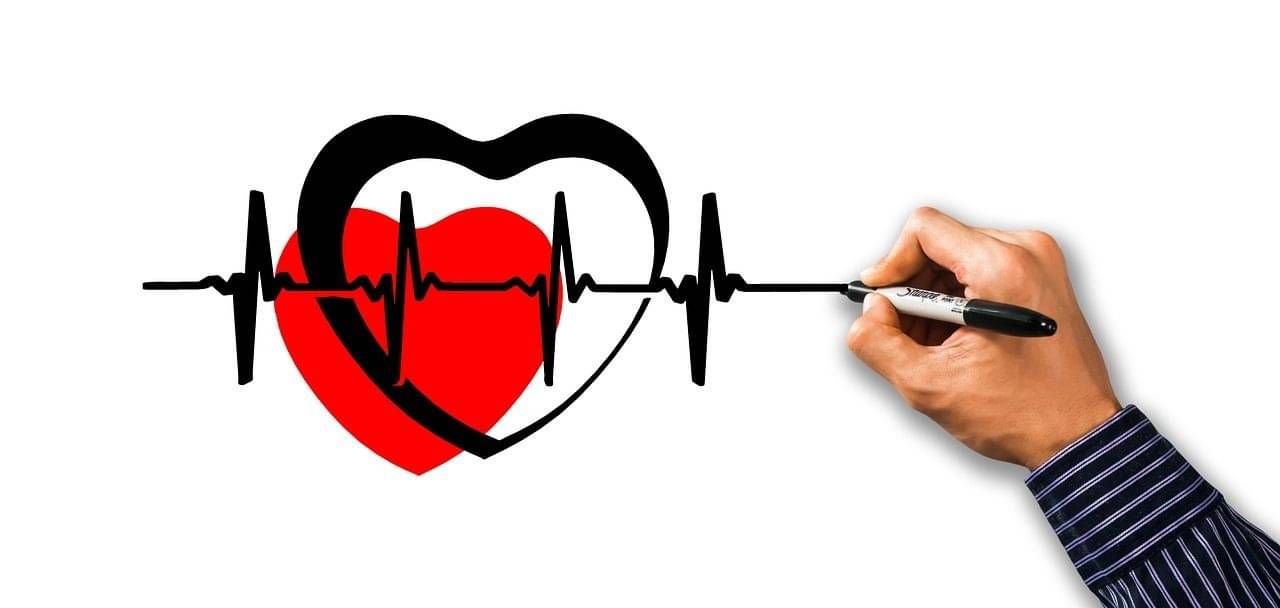
Drugs & Alcohol Dependency

Immigration & Cultural Shifts
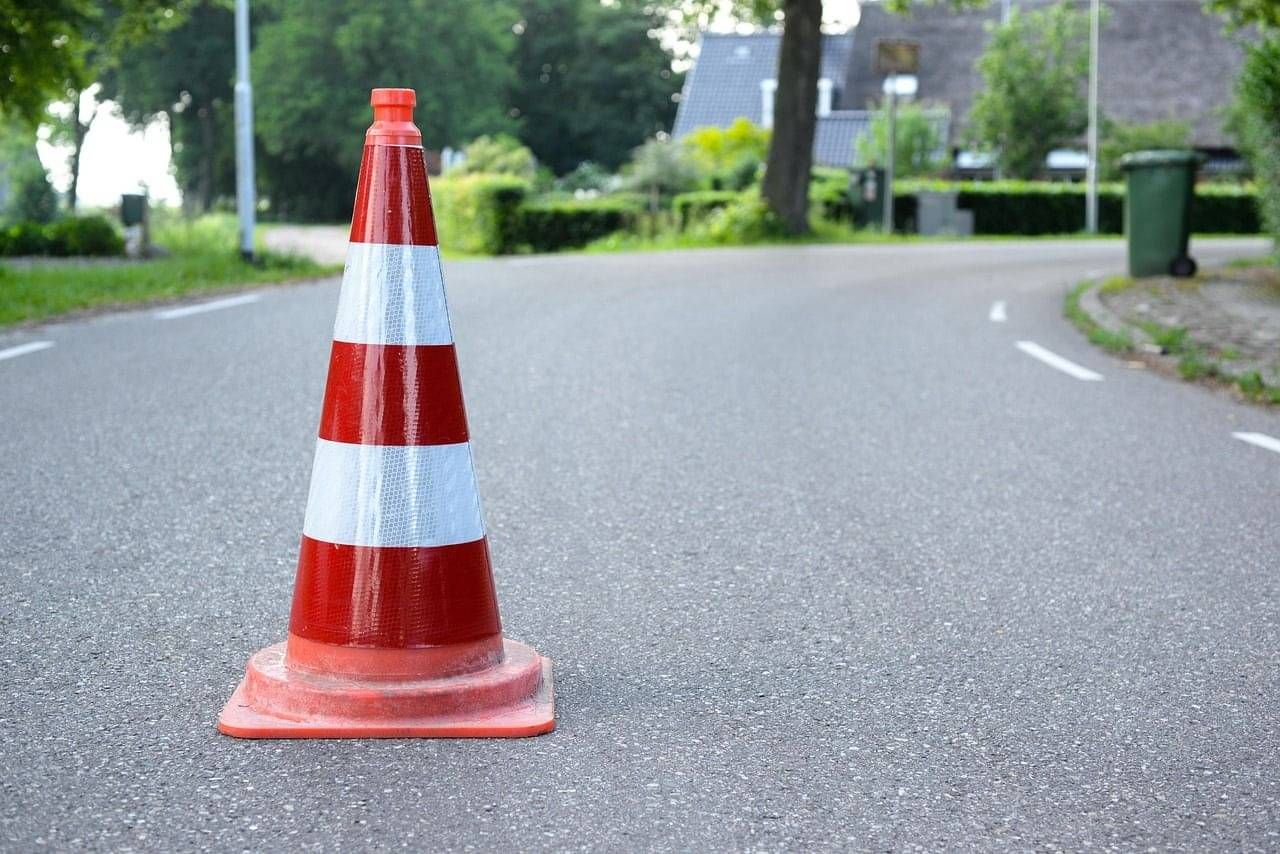
So, what do the statistics tell us?

New Zealand’s fertility rate is around 1.5 births per woman (2024 estimate).
Replacement level fertility is 2.1, so NZ is well below that level.
This means the population is not replacing itself naturally, and aging is inevitable without migration.
Implications:
Fewer young people to support the aging population.
Shrinking future workforce.
Pressure on pension, healthcare, and elder care systems.
___________________________________________
Approximately 17,123 abortions in 2024 a 5% increase over 2023.
That’s about 1 in 4 pregnancies ending in abortion.
The abortion rate has remained stable since law changes in 2020 made access easier showing a 30% increase since then.
Implications:
Reflects reproductive choices, social pressures, and economic factors.
Combined with low birth rates, contributes to population decline without migration.
______________________________________________
Euthanasia (assisted dying) has been legal since 2021. Around 300–400 people per year have used it.
NZ suicide rates: Among the highest in the OECD, particularly youth and Māori men.
Implications:
Signals a crisis in mental health, purpose, and social connection.
The rising acceptability of assisted death raises ethical and spiritual questions about how we value life.
_______________________________________________
Alcohol misuse and drug abuse (including methamphetamine and cannabis) are deeply entrenched social issues in New Zealand.
Fetal Alcohol Spectrum Disorder (FASD) is estimated to affect between 3% and 5% of all births in New Zealand — though experts believe this is significantly underdiagnosed.
Alcohol is the leading preventable cause of intellectual disability and neurodevelopmental impairment in Aotearoa.
Implications for Families and Society:
Children exposed prenatally to drugs or alcohol may face lifelong disabilities and struggle to access adequate support.
Substance dependency fractures families, fuels family violence, and entrenches poverty and social exclusion.
Mothers affected by addiction are often criminalised rather than supported, despite many being survivors of trauma themselves.
_______________________________________________
High net migration: ~130,000+ migrants annually since borders reopened post-COVID.
Many are from India, China, Philippines, and the Pacific Islands.
Migrants are essential to NZ’s economy, especially in healthcare, aged care, construction, and hospitality.
Implications:
Demographic replacement is a statistical reality if native birth rates stay low.
Cultural integration and social cohesion need to be actively nurtured, or there’s a risk of polarisation or loss of traditional Kiwi identity.
Migration plays an important role in our national story and will remain part of our future. But if migration becomes the sole driver of population growth, we may gradually experience a shift in our shared cultural identity.
The values traditionally associated with the “Kiwi way of life” — egalitarianism, bicultural partnership, rural and coastal living, and strong community roots — may change significantly over the next 50–100 years, not by anyone’s fault, but as the natural result of demographic and policy trends.
Rather than seeing this as a threat, we see an opportunity: to strengthen family life, invest in mothers and children, and pass on our cultural values with intention — so that all who call New Zealand home, whether born here or abroad, can be part of a cohesive, values-driven future.
What Can Be Done?
A Mums4Mums Perspective
At Mums4Mums, we believe motherhood is a culture of its own — a shared human experience rooted in nurture, protection, and generational strength. What we have experienced is that through our cultures, mothers want the same things: healthy children, safe homes, a voice in decisions, and a future worth hoping for. Our diversity matters, but our common maternal values unite us more than they divide us.
We also believe that honouring mothers means preserving the language and reality of women. Using clear and respectful language — words like mother, woman, and breastfeeding — is not exclusionary; it is necessary to reflect biological reality, protect dignity, and maintain clarity in care and policy. Linguistic erasure not only renders women invisible — it undermines trust, safety, and truth in maternal health and child development services.
We can support all families with compassion and care without erasing the women and mothers who form their foundation.
To uphold these values and build a strong, inclusive future for New Zealand, we call for:
Pro-natal policies that centre the wellbeing of mothers, children, and whānau — with affordable housing, accessible childcare, fair parental leave, and targeted family support.
Investment in maternal and family mental health, grounded in culture, community, and care.
The restoration of family-based values — character, belonging, interdependence — through education, places of worship, communities, and media.
Immigration policy that prioritises integration, shared values, and national cohesion, not only economic contribution.
An honest national dialogue that includes women, mothers, and diverse voices in shaping New Zealand’s future — biologically, culturally, and socially.
This is not a partisan call — it is a maternal call to courage, clarity, and care. When mothers thrive, nations heal.
Do you wish to support Mums4Mums and join us in our Maternal Feminism Campaign
If you are interested in supporting Mums4Mums and elevating the status of women and mothers please contact us at connect@mums4mums.org.nz
